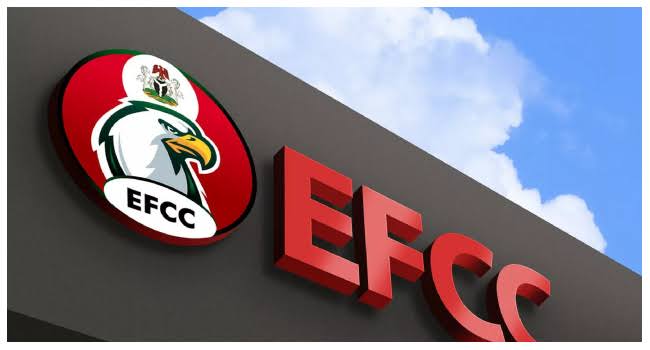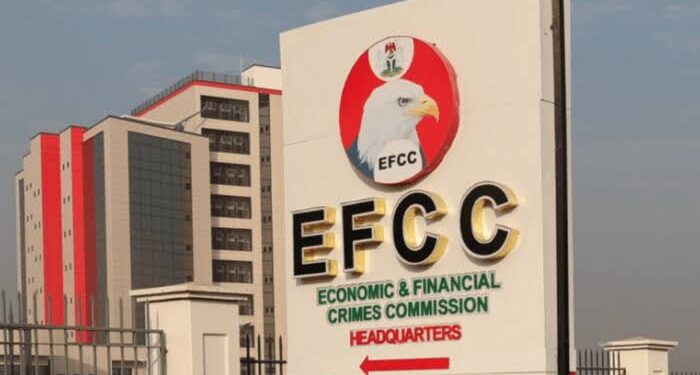The Economic and Financial Crimes Commission (EFCC) has urged public officials to maintain integrity, transparency, and responsibility in managing public funds.
Mr Ola Olukoyede, Chairman of the EFCC, delivered the charge during a visit to Abuja by a group from the Niger Delta Development Commission (NDDC), led by its MD/CEO, Chief Samuel Ogbuku.
Olukoyede warned that individuals who violated these standards would face repercussions, emphasising that only leaders with strong morals should assume positions of trust.
He stressed the importance of transparency and accountability in government, stating that Nigerians were fundamentally good but were hampered by a system that allowed fraud to thrive.

Olukoyede pledged that the EFCC will continue to perform its role with unshakeable commitment and courage, determined to using the anti-corruption fight to strengthen the economy and promote good governance.
He also stated that the EFCC was ready to assist and improve working relationships with the NDDC in order for it to carry out its duty. Ogbuku expressed gratitude for the EFCC’s assistance in retrieving cash for the NDDC, which benefited both the region and the commission.
He announced intentions to invite the EFCC to commission projects using the recovered funds, showcasing the good impact of the EFCC’s work. Ogbuku highlighted the NDDC’s “Rewind to Rebirth” policy, which aims to change the commission’s unfavourable image by emphasising transparency and learning from past mistakes.
He advocated for increased coordination between the NDDC and the EFCC, notably in technical assistance and financial management training for finance professionals. Olukoyede reaffirmed the EFCC’s commitment to combatting corruption and strengthening the economy via good governance.
Why this matters
The EFCC’s emphasis on transparency and accountability is critical for fostering good governance. By highlighting the need for leaders with strong moral values, the EFCC is underscoring that the fight against corruption isn’t just about punishing wrongdoers, but also about cultivating a culture of ethical leadership.
This proactive stance is essential for building public trust and ensuring that public funds are used for the benefit of all Nigerians.
In Essence
The collaboration between the EFCC and the Niger Delta Development Commission (NDDC) is a positive development.
Given the NDDC’s troubled history with corruption and mismanagement, this partnership could help restore confidence in the commission and ensure that resources are directed towards genuine development in the Niger Delta.
The focus on technical assistance and financial management training also suggests a long-term strategy to improve governance structures within the NDDC.

















